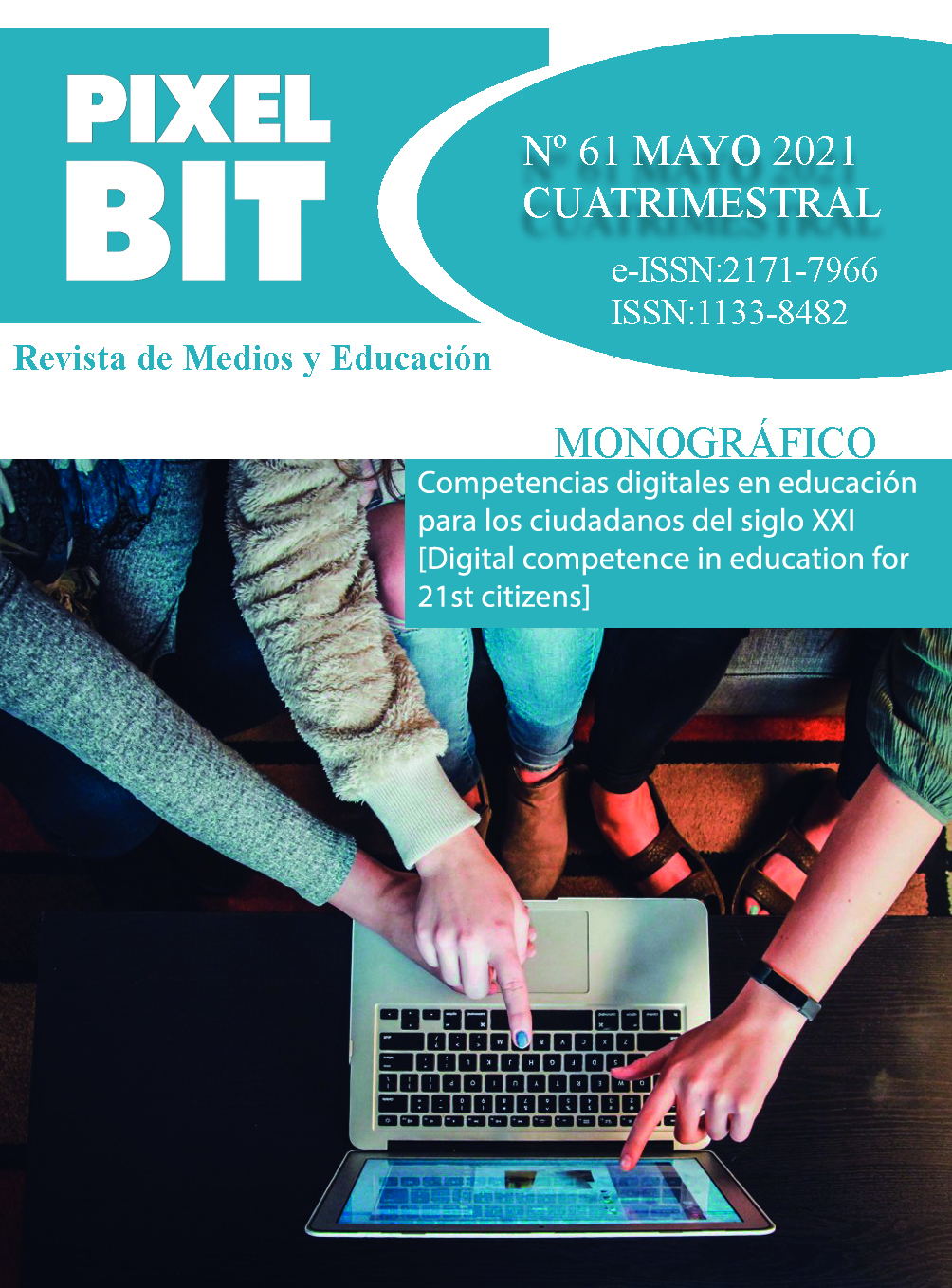Resumen
The forced transition to online teaching during the Covid-19 pandemic has fast-tracked the integration of ICT use by teachers across Latin America and the Caribbean (LAC) . Given the slow adoption of ICT by LAC teachers before the pandemic it is useful to investigate how, why and in what ways, LAC teachers overcame their prior reluctance and resistance to learn and practice digital literacy. Using qualitative interview data from a global report on teachers’ experiences during Covid-19, this paper analyses how the pandemic changed the ways in which 53 teachers from 15 LAC countries think about and use ICT. It suggests their concern for student loss of learning due to school closures empowered them to overcome barriers that normally impede ICT use by teachers. At the same time, initial acceptance of ICT use has wavered due to ongoing widespread challenges with internet connectivity and access. This has implications for what we know about supporting professional development in the use of ICT after Covid-19 and beyond.
Citas
Berger, J. (2020). The catalyst: How to change anyone's mind. Simon Schuster
Chen, L., Dorn, E., Sarakatsannis, J., & Wiesinger, A. (2021). Teacher survey: Learning loss is global and significant. Public & Social Sector Practice. McKinsey Global
Ertmer, P.A., & Ottenbreit-Leftwich, A. (2012). Removing obstacles to the pedagogical changes required by Jonassen’s vision of authentic technology-enabled learning. Computers & Education, 64(1), 175-182. http://dx.doi.org/10.1016/j.compedu.2012.10.008
Gillis, A., & Krull. L. (2020). COVID-19 remote learning transition in spring 2020: Class structures, student perceptions, and inequality in college courses. Teaching Sociology, 48(4), 283–299. https://doi.org/10.1177/0092055X20954263
Haynes-Brown, T. (2019). Exploring how beliefs shape use of technology among Jamaican secondary teachers. [Unpublished doctoral dissertation]. The University of the West Indies, Mona.
Hordatt Gentles, C., & Leask, M. (2021). Teacher experiences and practices during COVID-19. ICET MESHGuides Interim Global Report. https://bit.ly/3gBwX50
Jaramillo, S. (2020). COVID-19 and primary and secondary education: The impact of the crisis and public policy implications for Latin America and the Caribbean. United Nations Development Programme. https://bit.ly/3dLhJIt
King, K. (2020, April 21). Learning continues at this rural school, via motorbike! UNICEF Jamaica. https://uni.cf/3nfgtAL
Littlejohn, A., Beetham, H., & McGill, L. (2012). Learning at the digital frontier: a review of digital literacies in theory and practice. Journal of Computer Assisted Learning, 28(6). https://doi.org/10.1111/j.1365-2729.2011.00474.x
OECD [Organisation for Economic Co-operation and Development] (2020). Teachers’ use of new technology in Latin America. OECD Skills Studies. OECD Publishing. https://doi.org/10.1787/ce2b1a62-en
OECD (2019a). OECD Skills Outlook 2019: Thriving in a Digital World. OECD Publishing. https://doi.org/10.1787/df80bc12-en
OECD (2019b). TALIS 2018 Results (Volume I): Teachers and School Leaders as Lifelong Learners. OECD Publishing. https://doi.org/10.1787/1d0bc92a-en
Phipps, M. (2020, May 9). Community blackboards keep children learning. UNICEF Jamaica https://blogs.unicef.org/jamaica/community-blackboards-keep-children-learning/
Sokal, L., Trudel, L., & Babb, J. (2020). Canadian teachers’ attitudes toward change, efficacy, burnout during the COVID-19 pandemic. International Journal of Educational Research Open, 1. https://doi.org/10.1016/j.ijedro.2020.100016
Tai, K., & Kareem, O. (2018). The relationship between emotional intelligence of school principals in managing change and teacher attitudes towards change. International Journal of Leadership in Education, 22(4). 469-485. https://doi.org/10.1080/13603124.2018.1481535
Tilton, J., & Hartnett, M. (2016). What are the influences on teacher mobile technology self efficacy in secondary school classrooms? Journal of Open, Flexible and Distance Learning, 20(2). 79–93. https://bit.ly/2QujmBx
United Nations Educational, Scientific and Cultural Organization [UNESCO]. (2014). Regional
report about Education for All in Latin America and the Caribbean. Global Education For All Meeting. Muscat. https://bit.ly/3xfhg9r
UNESCO. (2018). ICT Competency Framework for Teachers Version 3. UNESCO https://unesdoc.unesco.org/ark:/48223/pf0000265721
UNESCO. (2020). Teachers: Leading in crisis, reimagining the future. UNESCO Global Teacher Campus: synthesis report. https://bit.ly/3u0z9a5
UNESCO. (2021, January 25). UNESCO figures show two thirds of an academic year lost on average worldwide due to Covid-19 school closures. UNESCO Press Release. https://bit.ly/3vgXYhW
Voogt, J., Fisser, P., Tondeur, J., & van Braak, J. (2016). Using theoretical perspectives in developing understanding of TPACK. In Handbook of Technological Pedagogical and Content Knowledge for Educators (2nd Ed.) (pp. 33 – 52). Routledge. http://dx.doi.org/10.4324/9781315771328

Esta obra está bajo una licencia internacional Creative Commons Atribución-NoComercial-SinDerivadas 4.0.
Derechos de autor 2021 Píxel-Bit. Revista de Medios y Educación

